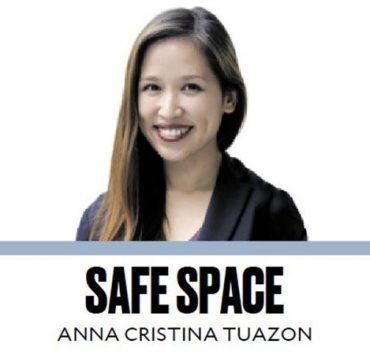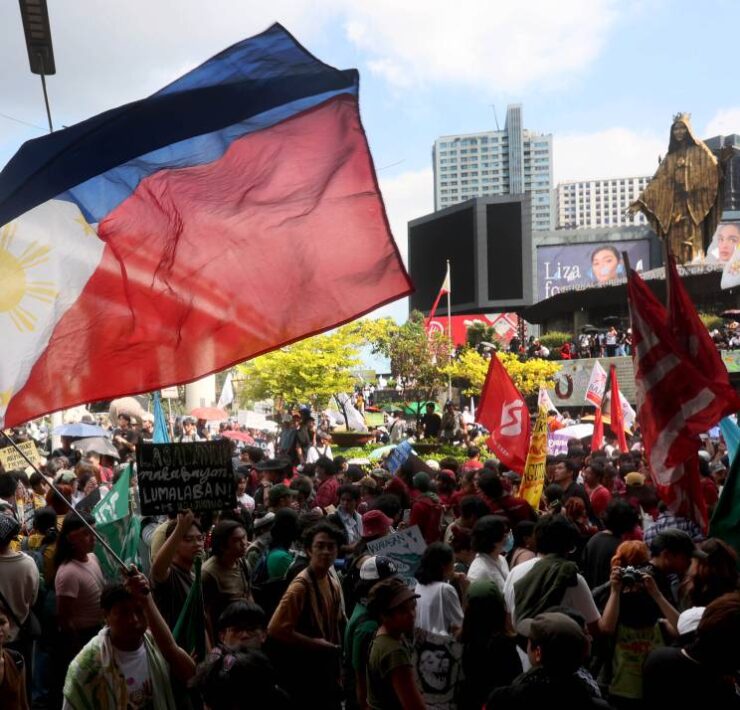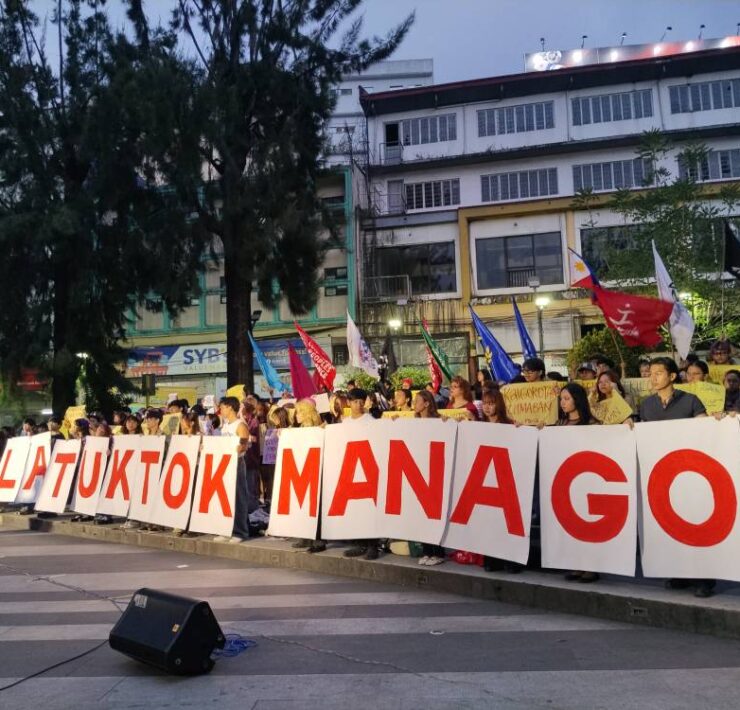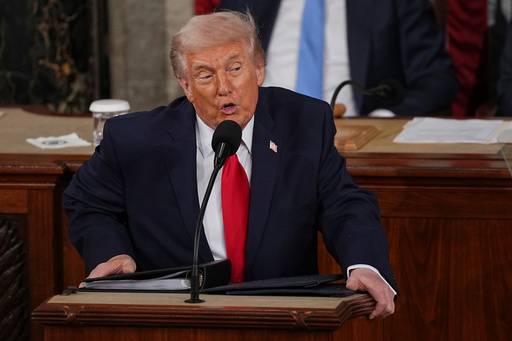Incriminating confession

Former president Rodrigo Duterte’s confounding testimony at the Senate hearing on Monday revolved around his declarations of having a hit squad against criminals, and of encouraging police to provoke drug suspects to fight back so they could be killed by the police in “self-defense.”
Is this the bombshell testimony that could finally pin him down for the horrific body count–6,000 killed according to official police records–that resulted from his administration’s war on illegal drugs? Hardly. While saying “I–and I alone–take full legal and moral responsibility” for the brutal drug war, the longtime Davao City mayor said in the same breath that this alone won’t stand up in court.
The Duterte playbook–serious declarations couched as jokes–was in full use when he appeared before the Senate blue ribbon subcommittee tasked to look into the extrajudicial killings (EJK) widely attributed to police operatives during his term. While the former president alternately confirmed and backtracked on some damning statements, his Senate allies were in attendance to ensure that whatever incriminating testimony comes out of his foul mouth could be explained away as nothing but braggadocio and levity.
‘I have a death squad’
Take for instance his candid admission that the dreaded Davao Death Squad did exist, the group suspected to be behind years of killings in Davao City when he was mayor, and which was adopted for his nationwide drug war when he became president in 2016.
“That senator, the one seated there, he’s also (a member) of the death squad,” Duterte said, pointing to Sen. Ronald “Bato” dela Rosa who served as his police chief in Davao and later as chief of the Philippine National Police. In fact, Duterte said, the retired police generals present at the Senate hearing were also members of the death squad–Archie Gamboa, Debold Sinas, Vicente Danao Jr., Catalino Cuy, and Romeo Caramat Jr. Dela Rosa quickly interjected that it was just a joke, and so did the other police generals.
Duterte later made a clarification when Senate Minority Leader Aquilino “Koko” Pimentel III, chair of the investigating panel, asked him about his previous statement: “I have a death squad. It has seven members. But they are not police officers. They are gangsters,” Duterte said. “I ordered the gangsters, ‘Kill (the criminals) because if you will not, I will kill you,’” he said. Yet when pressed by Sen. Risa Hontiveros—the only senator brave and principled enough to stand up to the autocratic Duterte—to name these gangsters, the former president conveniently “could not remember” their names.
Bendable laws
As for the most crucial question on whether he had ordered the police to kill drug suspects, Duterte’s cunning answers left his inquisitors reading between the lines.
“Let’s be frank. What I told them was ‘encourage the criminals to fight, encourage them to draw their gun.’ That’s my instruction. When they do, kill them to end the problem in my city. When I became president, that’s what I said during the command conference in Malacañang. That’s my order,” he said.
For all the incriminating and shocking admissions that some senators had expected would be enough to haul Duterte to jail, the harsh reality cannot be denied. As Senate President Francis “Chiz” Escudero correctly pointed out, how come only low-ranking cops have been charged for the EJKs, and not one case had been filed against Duterte and his police top brass?
Indeed, when Hontiveros asked Duterte if he takes responsibility for the death of Kian delos Santos, the 17-year-old gunned down by police for supposedly resisting arrest, Duterte thundered: “That cannot be! Even if I say I take full responsibility, when we get to the court, that will not be accepted.”
For sure, Duterte’s statements are truly incriminating and could help prosecute him for crimes against humanity at the International Criminal Court. But holding him accountable under our bendable laws would still be a long shot.
Explosive testimonies
It would require the painstaking gathering of evidence, including the explosive testimonies already obtained by the House quad committee from members of Duterte’s inner circle, to establish the indisputable connection between Duterte’s pronouncements and what appears to be a state policy on EJKs that followed in their wake.
Most of all, it will require the moral courage and political will on the part of the Marcos administration to seek accountability for the thousands of deaths that can be traced to Duterte and his top lieutenants who implemented the drug war on the ground.





















